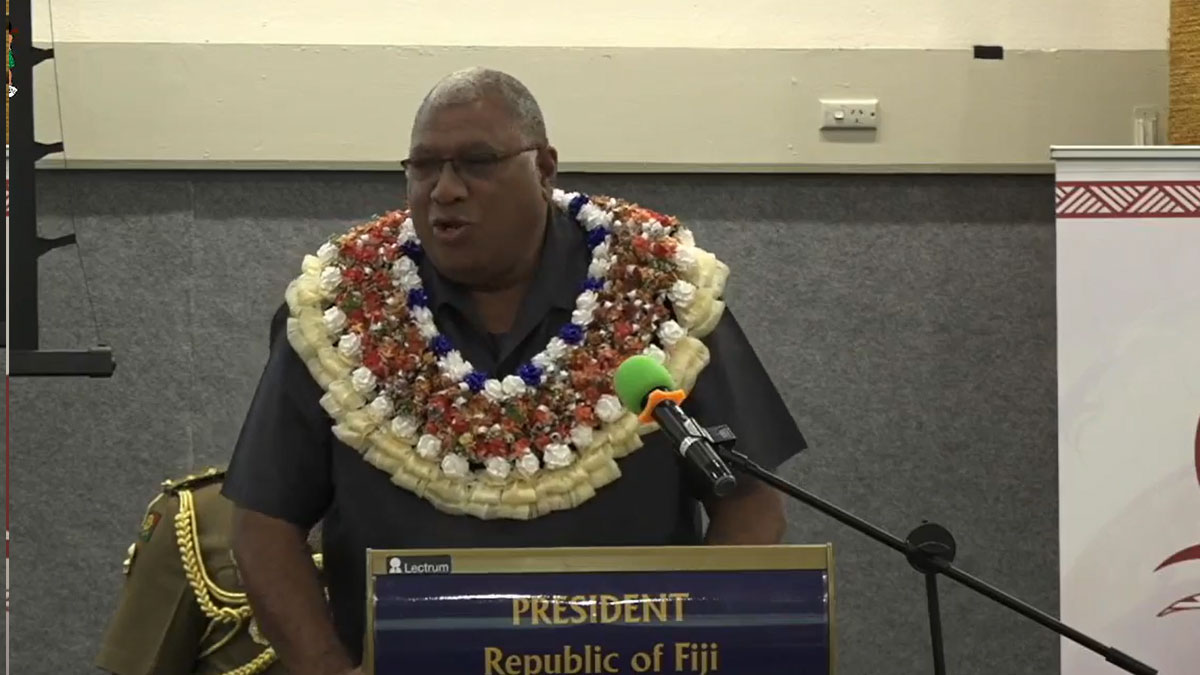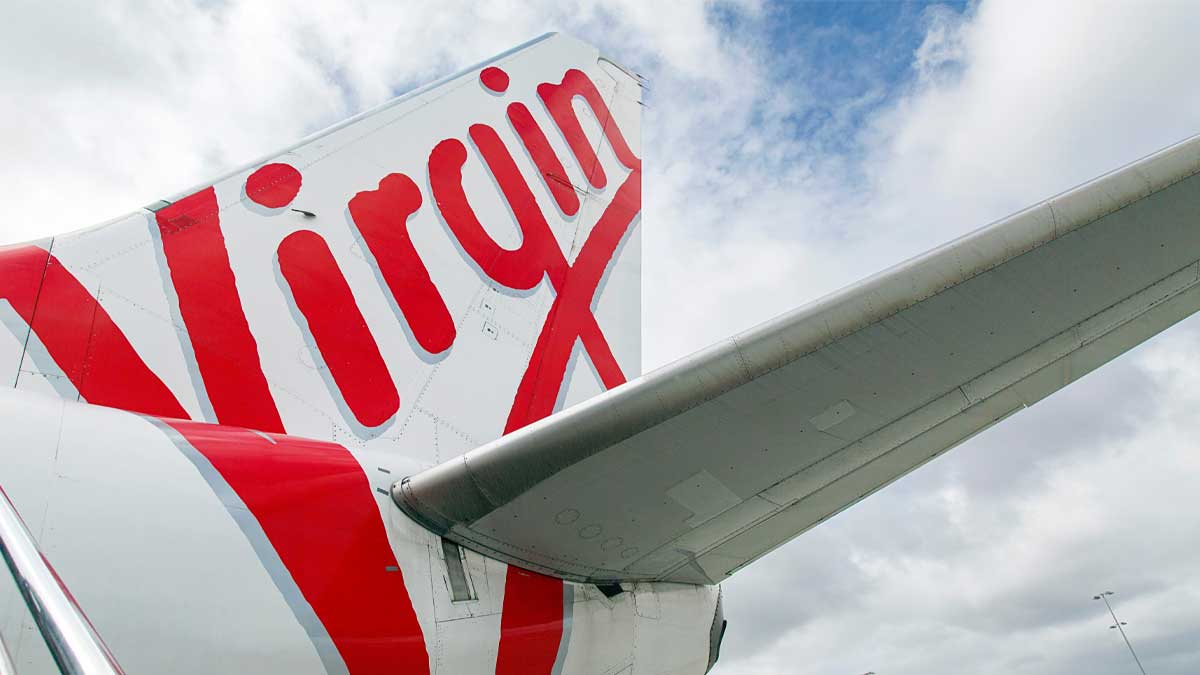
Approximately 10 percent of the Fijian population, or over 138,000 people are grappling with chronic kidney disease, according to a 2017 study published in the Lancet Global Health.
This has been highlighted by President Ratu Wiliame Katonivere while officiating at the 2024 Nephrology Society of Fiji 7th Symposium where he says chronic kidney disease ranks as the fourth leading cause of death in Fiji, highlighting the seriousness of the situation.
Ratu Wiliame says the World Health Organisation's 2011 Fiji Non-Communicable Disease Risk Factor STEPS report indicates that diabetes affects 15.6 percent of our population, while adult obesity rates have soared an outstanding 30.2 percent.
He says these statistics demand our immediate action and underscore the critical need for robust preventative strategies to combat the underlying causes for chronic kidney disease which often advances to end-stage renal disease and necessitates life-sustaining treatments like dialysis and kidney transplant.
The President says in Fiji, the incidence rate of end-stage kidney disease stands at 753 per million people, with a staggering 65.4 percent of these cases linked to diabetes.
He says we must fortify our national health programs and our guidelines to ensure comprehensive and inclusive kidney health coverage.
Ratu Wiliame says the introduction of hemo-dialysis in Fiji in 2008 has been a transformative milestone, sparking hope for those grappling with advanced kidney disease where this vital treatment has revolutionized how we care for Fijians, improving their quality of life and extending many lives.
He says we are still challenged by financial constraints, limited resources, and inadequate infrastructure.
He says kidney transplantation remains the ultimate goal, offering patients the chance for both improved quality of life and long-term health but currently, this service is not available locally, and patients have to travel abroad incurring significant financial costs.
Ratu Wiliame says as we tackle chronic kidney disease, proactive approaches such as primary prevention and swift detection are paramount.
He says we must implement effective screening programs, raise public awareness about risk factors, and ensure access to necessary health care services.
The President says this multifaceted strategy, supported by government initiative and strategic collaborations, will be pivotal in safeguarding kidney health in Fiji and alleviating devastating impact of chronic kidney disease.
He adds establishing a straightforward yet effective chronic disease assessment program within our communities, focusing on blood pressure monitoring, peritoneal screening, and basic level function tests could dramatically improve early detection and timely intervention.
Stay tuned for the latest news on our radio stations


